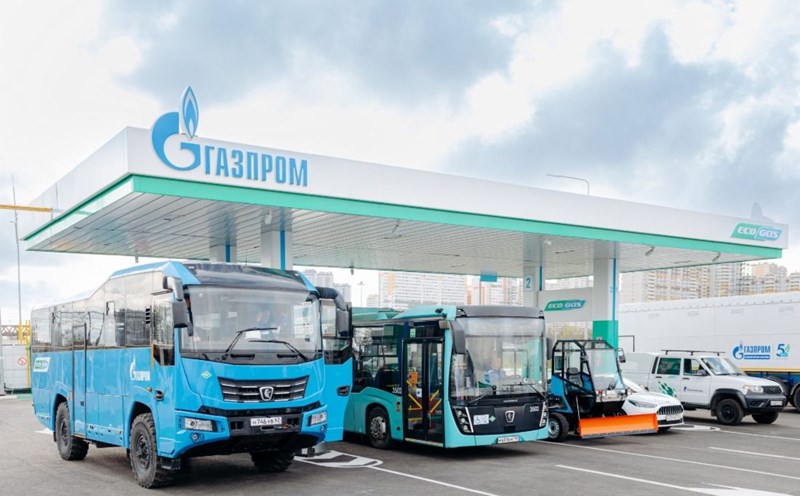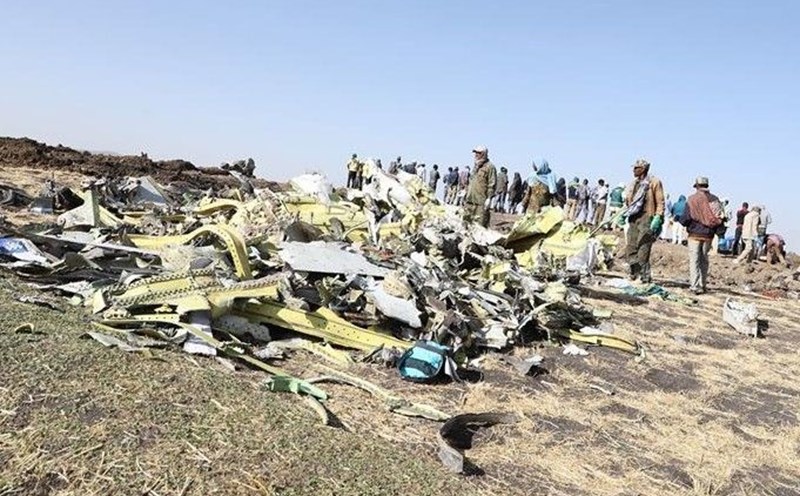As the world's third largest liquefied natural gas (LNG) importer after the US and Australia, Qatar has supplied about 12% to 14% of its LNG to Europe since Russia launched its military campaign in Ukraine in 2022.
In a letter sent to the Belgian government on May 21, Qatari Energy Minister Saad al-Kaabi said the Gulf country was reacting to the EU's directive on corporate sustainability appraisal (CSDDD), requiring large companies operating in Europe to review and address human rights and environmental issues in the supply chain.
Simply put, if the CSDDD is not further adjusted, Qatar and Qatarenergy will be forced to seriously consider redirecting LNG and other products to more stable and friendly markets outside the EU, the letter said.
The spokesperson for the Belgian delegation to the EU declined to comment on the letter, which was first revealed by Welt am Sonntag (Germany). The European Commission also confirmed it had received a similar letter from Qatar on 13 May.
The European Commission said member states and the EU parliament are negotiating to revise the directive. Brussels' proposals earlier this year include postponing the implementation time to mid-2028 and reducing the scope of supply chain review. Enterprises violating CSDDD can be fined up to 5% of global revenue.
However, Qatar believes that adjustment is not enough.
In the letter, Mr. Kaabi expressed special concern about the provision requiring businesses to develop climate change plans in line with the goal of limiting global temperature increases to no more than 1.5 degrees Celsius as committed in the Paris Agreement.
Neither the State of Qatar nor Qatarenergy have any plans to achieve net zero emissions in the near future, the letter stated, adding that CSDDD has undermined countries rights to determine their national contribution levels to global climate goals.
In the appendix, Qatar proposed removing the content related to climate change plans from the CSDDD.
Mr. Kaabi is currently the CEO of Qatarenergy - a company that has long-term LNG supply contracts with many large European energy corporations such as Shell, Totalenergies and ENI.











